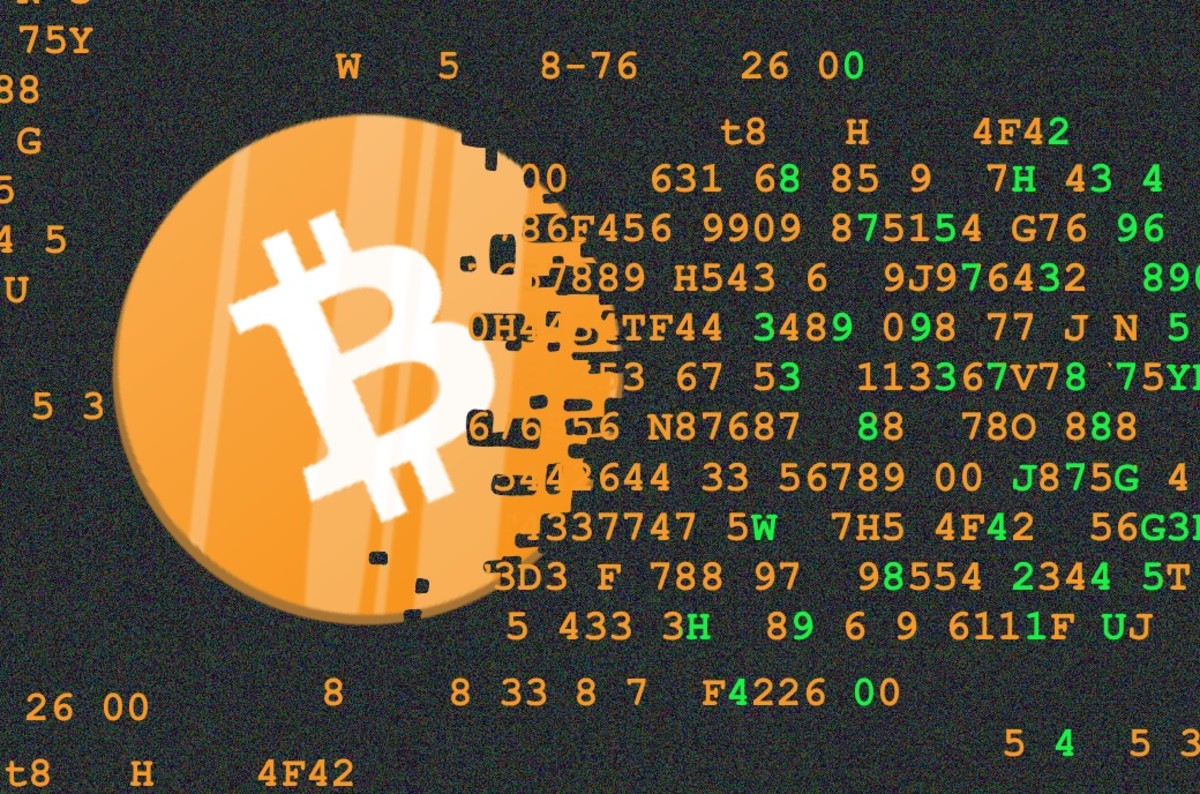Hong Kong’s central bank, the Hong Kong Monetary Authority (HKMA), wants to supervise stablecoin issuance and reserves management.
HKMA published a discussion paper on Wednesday regarding cryptocurrencies and stablecoins in which it provided its views on how the industry should be regulated in Hong Kong.
In the 34-page long consultation document, the HKMA paid special attention to “payment-related stablecoins,” pointing out that the market capitalization of all stablecoins hit $150 billion in December, accounting for 5% of the entire crypto market. The regulator added that all existing stablecoins are “mostly asset-linked and predominantly pegged” to the United States dollar, including stablecoins like Tether (USDT) and USD Coin (USDC).
“The rapid development of crypto-assets, particularly stablecoins, is a topic of keen attention in the international regulatory community as it presents possible risks regarding monetary and financial stability,” HKMA said.
To effectively handle associated risks, HKMA laid out eight major policy directions, proposing to become a single regulator to supervise entities involved in both regulating and running operations like issuing stablecoins and managing their reserves. The authority also wants to regulate stablecoin transactions’ validation processes, private key storage management and executing transactions.
“We encourage current or prospective players in the stablecoins ecosystem to respond to this paper and submit relevant views to us, so that we could take the feedback into account when formulating the regulatory framework,” HKMA wrote. The regulator expects to finalize its next steps as soon as possible and introduce new regulations by 2023 or 2024.
Related: Hong Kong-based Coinsuper allegedly blocks customers’ withdrawals
HKMA is not the only financial regulator concerned about stablecoin risks and planning steps to regulate the growing industry. In November 2021, the U.S. President’s Working Group on Financial Markets issued a report on possible “stablecoin runs” and “payment system risks.” The U.S. Treasury subsequently hinted at new stablecoin-focused laws in December.









